The film’s writer/director is Ari Aster, who has always been a funny guy. His excellent, trauma-filled dramas “Hereditary” and “Midsommar” may be packed with the horror of relationships, but it’s the cruel joke underneath that provides their driving force–they are pitch-black comedies about the universal fear of losing free-will, of being screwed from the get-go. “Beau Is Afraid,” an enveloping fantasy laced with mommy issues, is about being doomed from birth. It’s Aster’s funniest movie yet.
Beau is a quintessential Aster protagonist, barely making it in a hellish landscape that’s lovingly detailed by Aster and production designer Fiona Crombie. The downtown neighborhood where Beau lives is defined by violence and madness: People fight in the middle of the street, they threaten to jump off buildings, and dead bodies lie about. It’s a Busby Berkeley musical, with death and destruction as the choreography. Working with long-time collaborator Pawel Pogorzelski, Aster surveys this sumptuous chaos like Peter Greenaway did long dining tables in “The Cook, the Thief, His Wife & Her Lover.” Here, such tracking shots gorgeously capture a sick sad world eating itself alive in broad daylight.
This world-building for Beau is like a furious overture of the towering anxieties we’ll see later in present-time and in flashback: a lack of personal space, the threat of being unable to please others, and the impossibility of rampant bad luck. Embracing his ruthless sense of humor, Aster sucks you in with each absurd, claustrophobic development, like when an angry neighbor keeps sliding him notes to turn the volume down, even though he’s sitting in silence. It’s a punchy, rollicking first act in a laugh-to-keep-from-screaming way, and it establishes a rhythm with dread that the movie is not precious about keeping. Nothing will be as smooth from here on out; inconsistency can prove disorienting.
The most daunting moments in Beau’s life are his phone calls from his mother, Mona Wassermann, her initials stamped on a fancy logo that can be seen on nearly every item in his dilapidated apartment. Played over the phone with exquisite venom by Patti LuPone, the mega-successful Mona creates immense, unsettling tension by making Beau feel even smaller. Aster’s gutting dialogue shines (“I trust you’ll do the right thing,” says Mom). The guilt, shame, and humiliation, it’s all packed into a phone call after he accidentally misses his flight to see her (it’s a long story). He does not have free will but a lived-in need not to disappoint his mother. Phoenix’s best moments in this movie are his long close-ups when he’s on the phone, struggling to keep everything together, especially when he later hears some awful news about his mother.







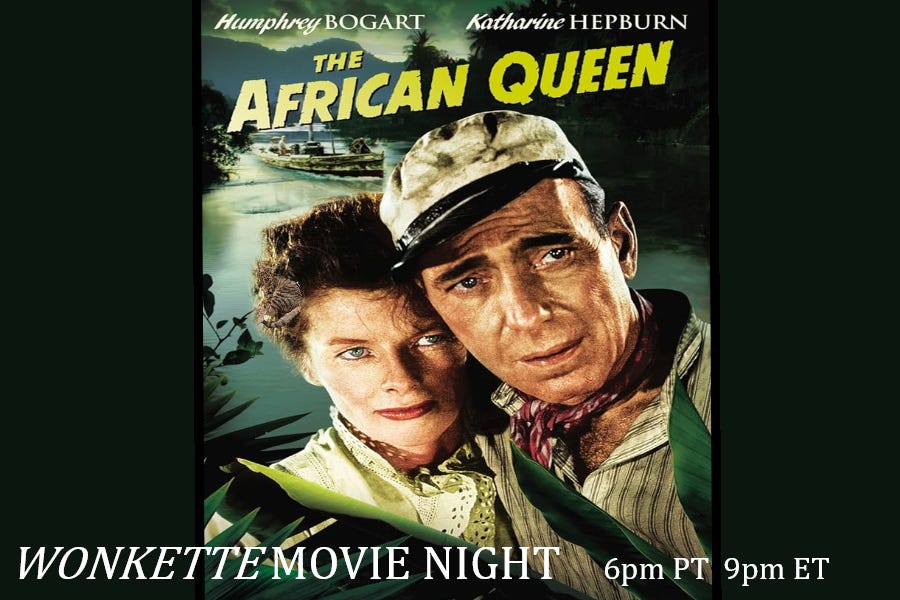

















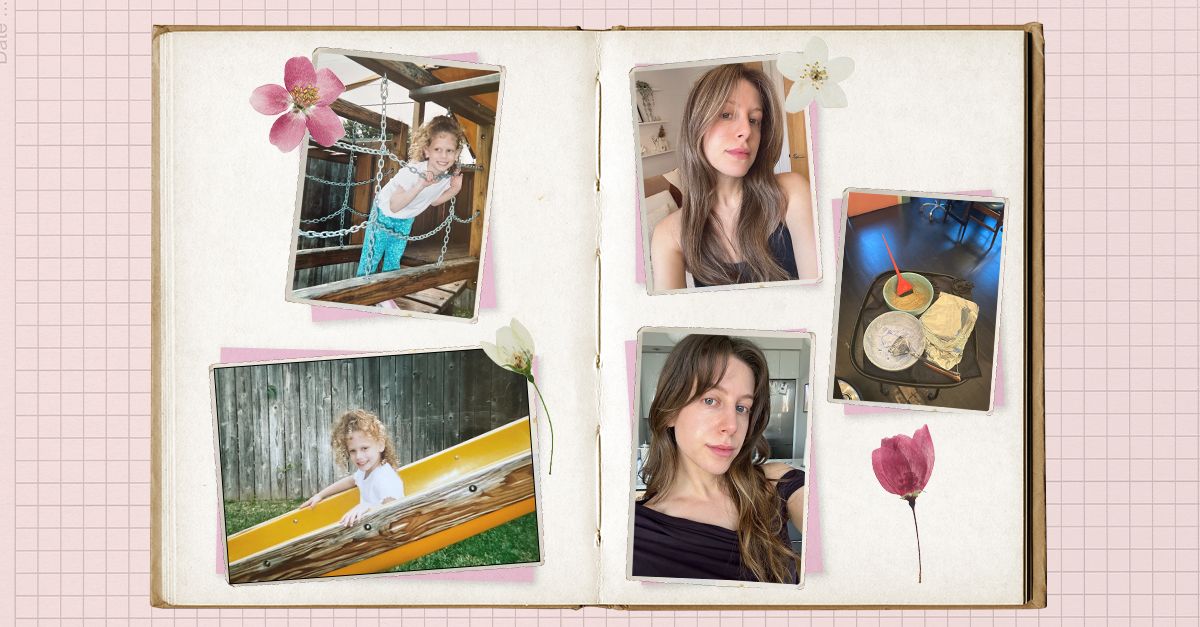













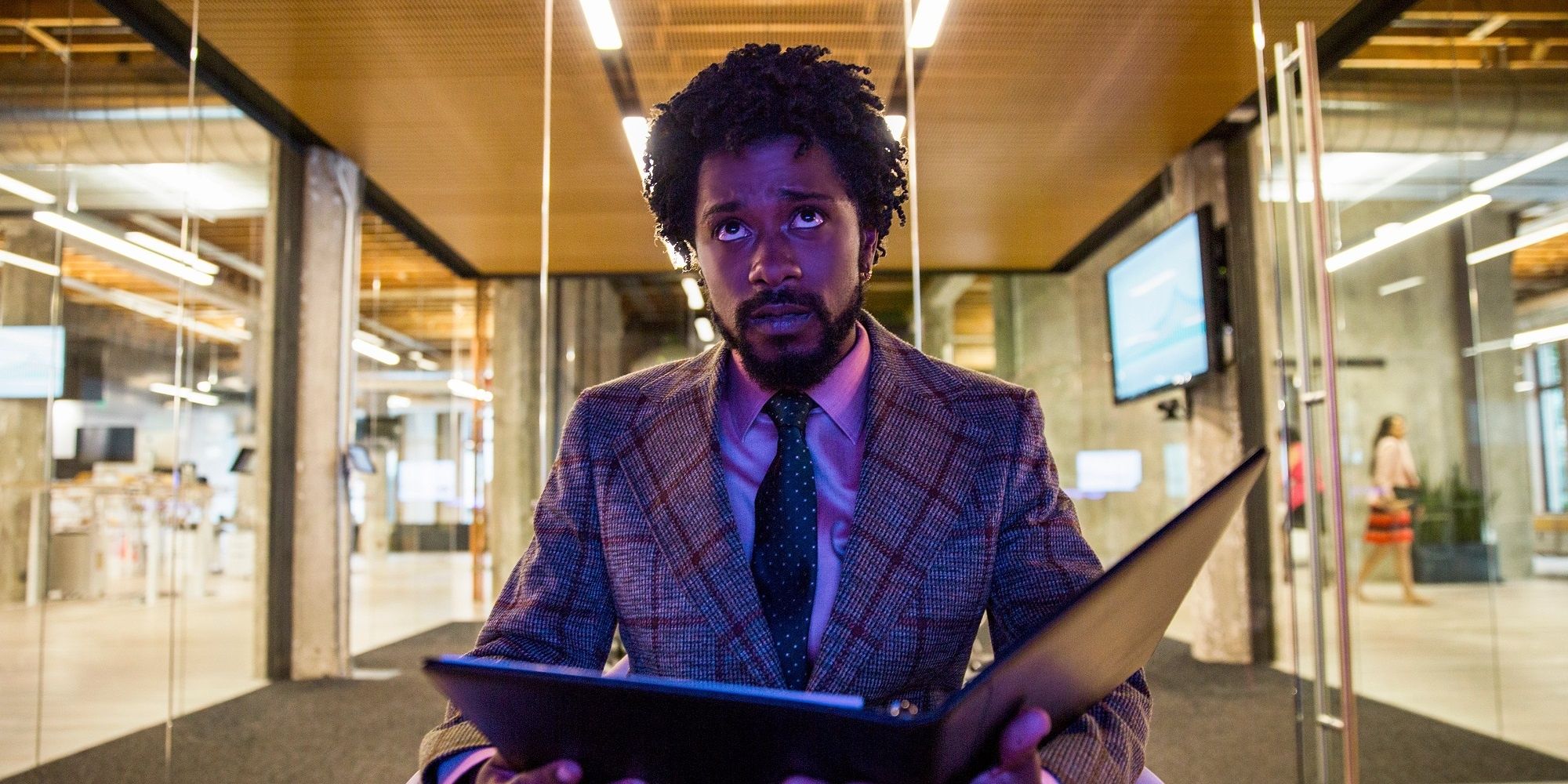



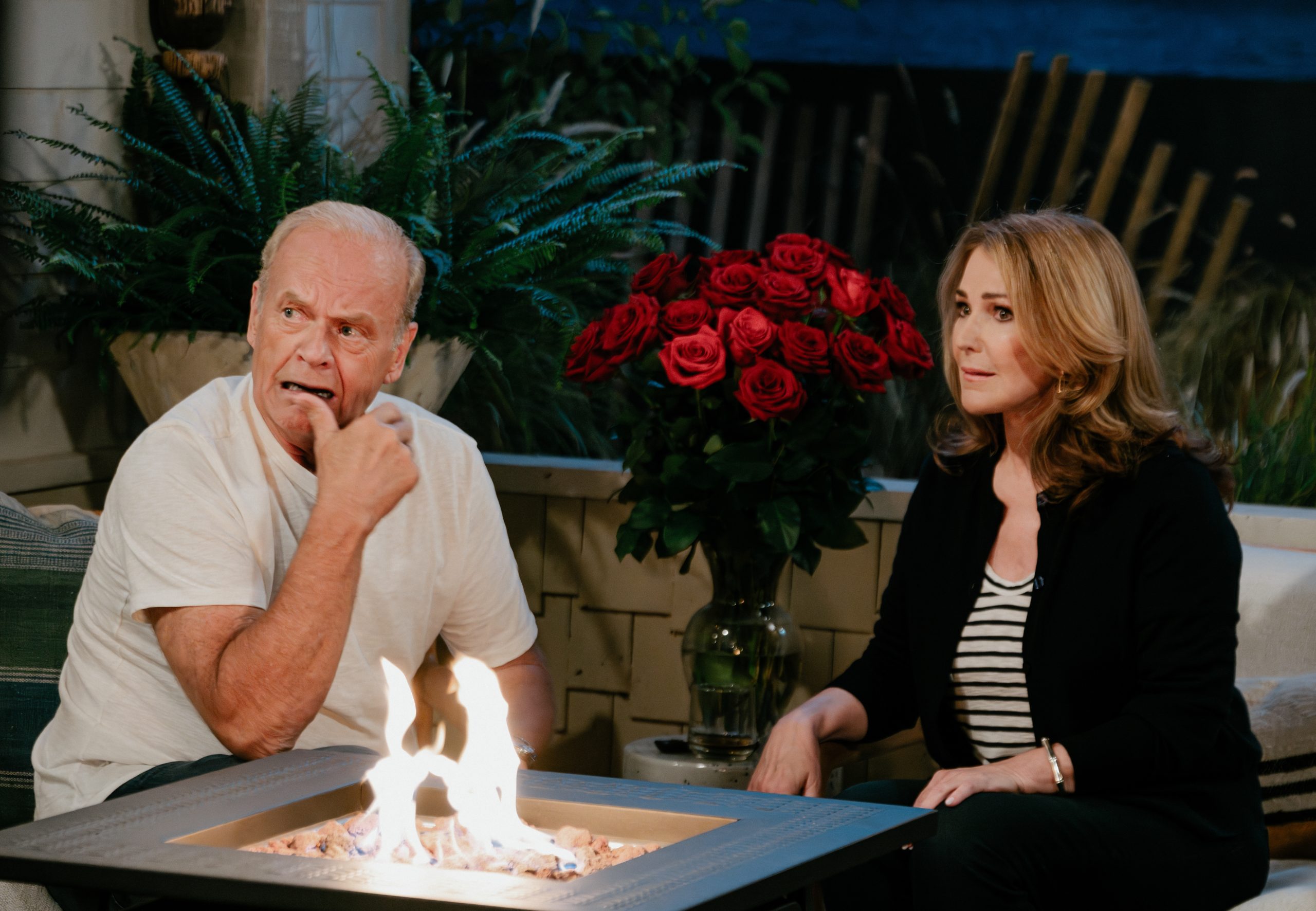






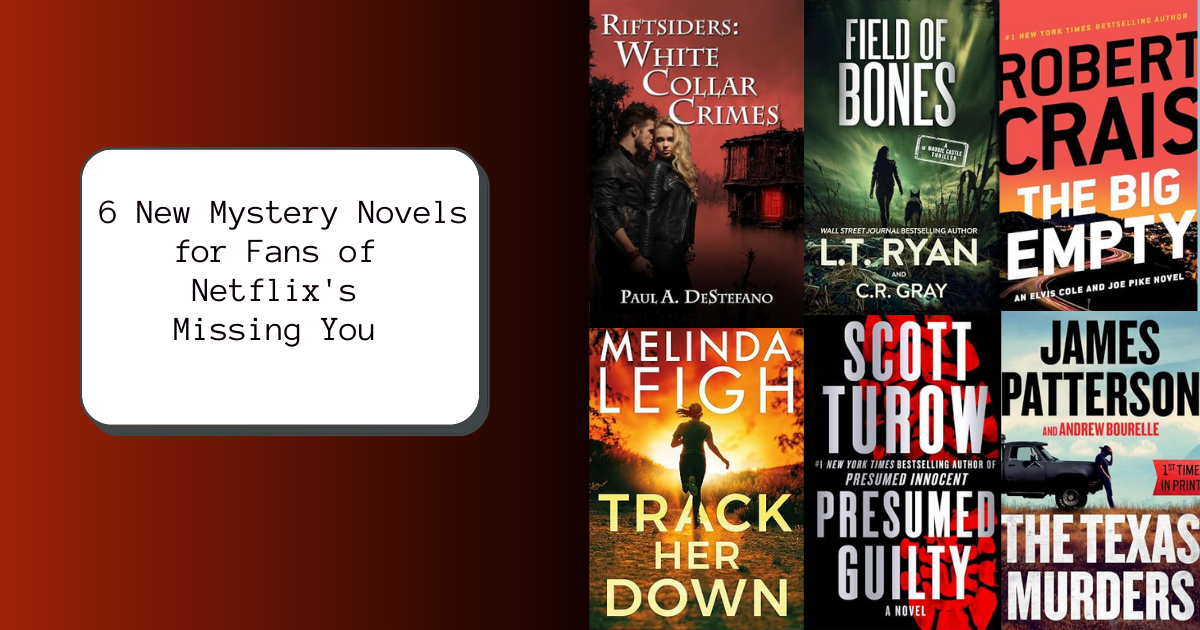







![Social Media Spring Cleaning [Infographic] Social Media Spring Cleaning [Infographic]](https://imgproxy.divecdn.com/9e7sW3TubFHM00yvXe5zvvbhAVriJiGqS8xmVFLPC6s/g:ce/rs:fit:770:435/Z3M6Ly9kaXZlc2l0ZS1zdG9yYWdlL2RpdmVpbWFnZS9zb2NpYWxfc3ByaW5nX2NsZWFuaW5nMi5wbmc=.webp)
![5 Ways to Improve Your LinkedIn Marketing Efforts in 2025 [Infographic] 5 Ways to Improve Your LinkedIn Marketing Efforts in 2025 [Infographic]](https://imgproxy.divecdn.com/Hv-m77iIkXSAtB3IEwA3XAuouMwkZApIeDGDnLy5Yhs/g:ce/rs:fit:770:435/Z3M6Ly9kaXZlc2l0ZS1zdG9yYWdlL2RpdmVpbWFnZS9saW5rZWRpbl9zdHJhdGVneV9pbmZvMi5wbmc=.webp)












![SEO v Social Media: The 9 Big Differences & What Works Where [Infographic] SEO v Social Media: The 9 Big Differences & What Works Where [Infographic]](https://www.socialmediatoday.com/imgproxy/6XpivlO81v-Svbm09Aq-ZqB8-HoeSwjGpYVSRANKqCs/g:ce/rs:fill:770:435:0/bG9jYWw6Ly8vZGl2ZWltYWdlL3NlYXJjaF92X3NvY2lhbF9pbmZvMi5wbmc.png)